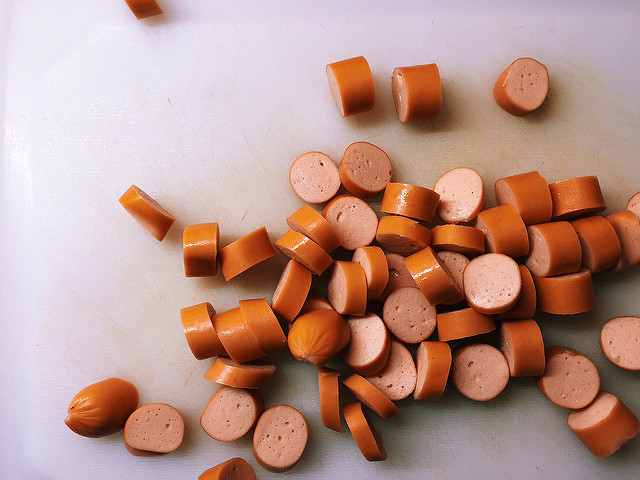How safe is the food you eat? It’s hard to say. The U.S. Food and Drug Administration is leaving it to industry to ensure the safety of the chemical additives in our food. So, processed foods and beverages may contain chemical additives that the FDA has not tested. It’s another reason to follow a Mediterranean diet, if you can and to stay away from processed foods to the extent possible.
How is it that the FDA is not required to test the chemicals in our food? The Federal Food, Drug and Cosmetic Act requires the FDA to create a system of pre-market review of chemicals added to foods and to reassess their safety periodically as new evidence emerges. But, the FDA can and has allowed the food and beverage industries to conduct their own review of the safety of chemicals in food. And, the FDA lets the industries’ experts determine whether the chemicals are generally recognized as safe, “GRAS.”
Senator Edward Markey of Massachusetts is on a campaign to get the FDA to assess the safety of all chemicals in foods and beverages rather than delegate this role to the food and beverage industries. Right now, there are an estimated 1000 chemicals in our food supply that the FDA has not tested for safety, according to the Pew Charitable Trusts. The FDA does not even know which chemicals are being used, which foods contain them, and the amount of these chemicals in a particular product, because there are no disclosure requirements on industry.
The food and beverage industry should not be able to self-determine their safety. And, they should have to disclose these chemical ingredients in their products. Allowing industry to hire the “experts” who decide whether particular ingredients in their foods are safe poses a real conflict of interest.
But, there appears to be a question about the scope of the FDA’s authority to assess the safety of these chemical ingredients, which is concerning. It’s not clear that the FDA has the authority to ensure the safety of GRAS ingredients, let alone the budget. It’s also not clear whether the FDA could require special labeling of foods with GRAS ingredients.
Even when the FDA knows about ingredients with safety concerns, the industry can still include these ingredients in their foods. For example, the FDA found sweet lupin caused allergic reactions in people with peanut allergies. But, the company that notified the FDA about its use of sweet lupin pulled its notice to the FDA. An investigation into the use of sweet lupin found 20 foods containing it; their manufacturers were still allowed to deem the ingredient GRAS.
At the very least, shouldn’t there be a label on all foods with GRAS ingredients letting the public know that the FDA has not approved these ingredients as safe?
Here’s more from Just Care on good nutrition and food safety:











the FDA is far too busy chasing money for the Big tobacco companies to be bothered with checking on our food safety. Is it any wonder WHY we want labels in regard to GMO content. AND WHY we’re having such a terrible time getting REAL results. This is what you get when people with ‘industry ties’ are placed in positions like the head of the FDA. I’m sick and tired of what our government is doing to us in it’s quest to help it’s corporate bosses!
Totally wrong. There is no evidence that GMO foods are any more or less safe than non-GMO, slow-hybridized foods in the real world.
Yes, there have been NUMEROUS studies done that have proven that beyond any doubt in the real world.
It is time to get off this hatred and fear of science. It has gotten well past old.
Now, on the issue of chemicals in foods, that is something we can talk about because some of the chemicals have been linked to ills such as:
Weight gain.
Cancer.
Various other metabolic disorders.
Many of the chemicals in our foods, especially the preservatives, are not necessary because so much comes off the shelves so quickly and is replaced.
Michael Taylor, former corporate lawyer for Monsanto, and then its chief lobbyist, was appointed by Obama to the FDA. That was about four years ago, and Taylor was then in charge of food safety. He may well still be the FDA’s second-highest functionary. He’s still there.